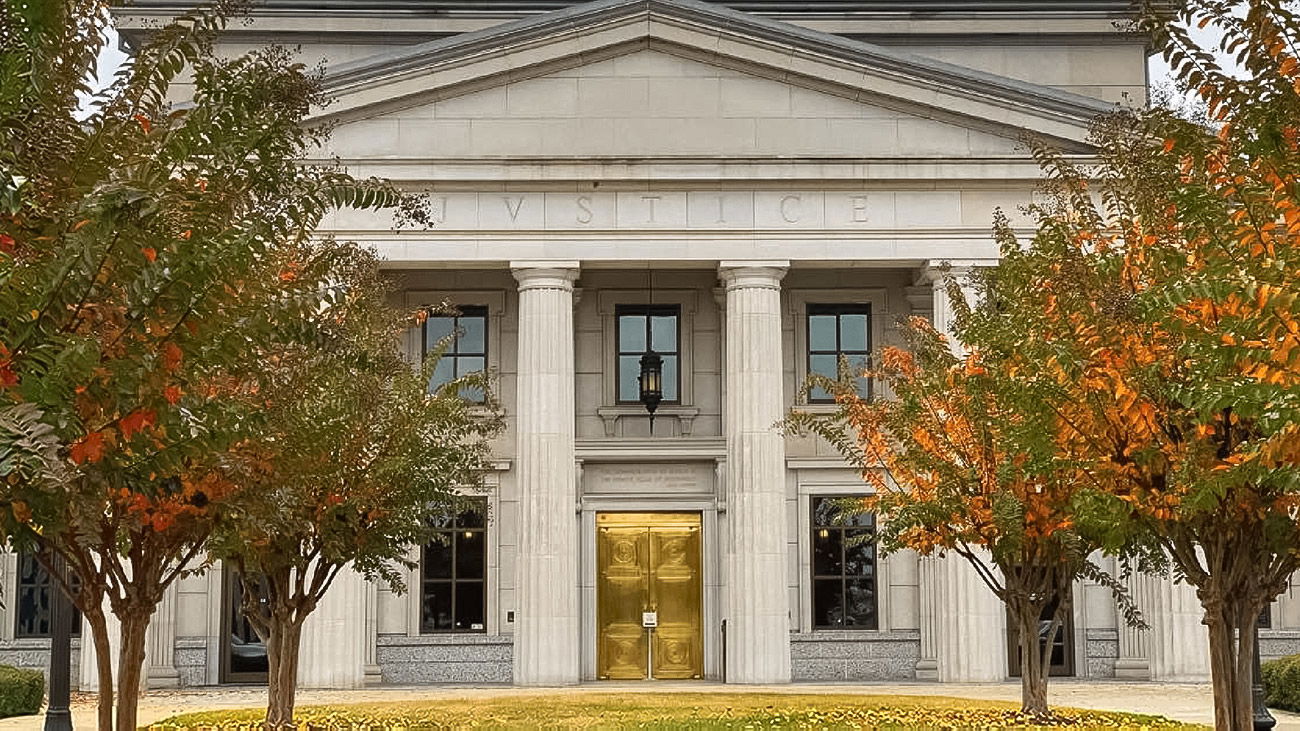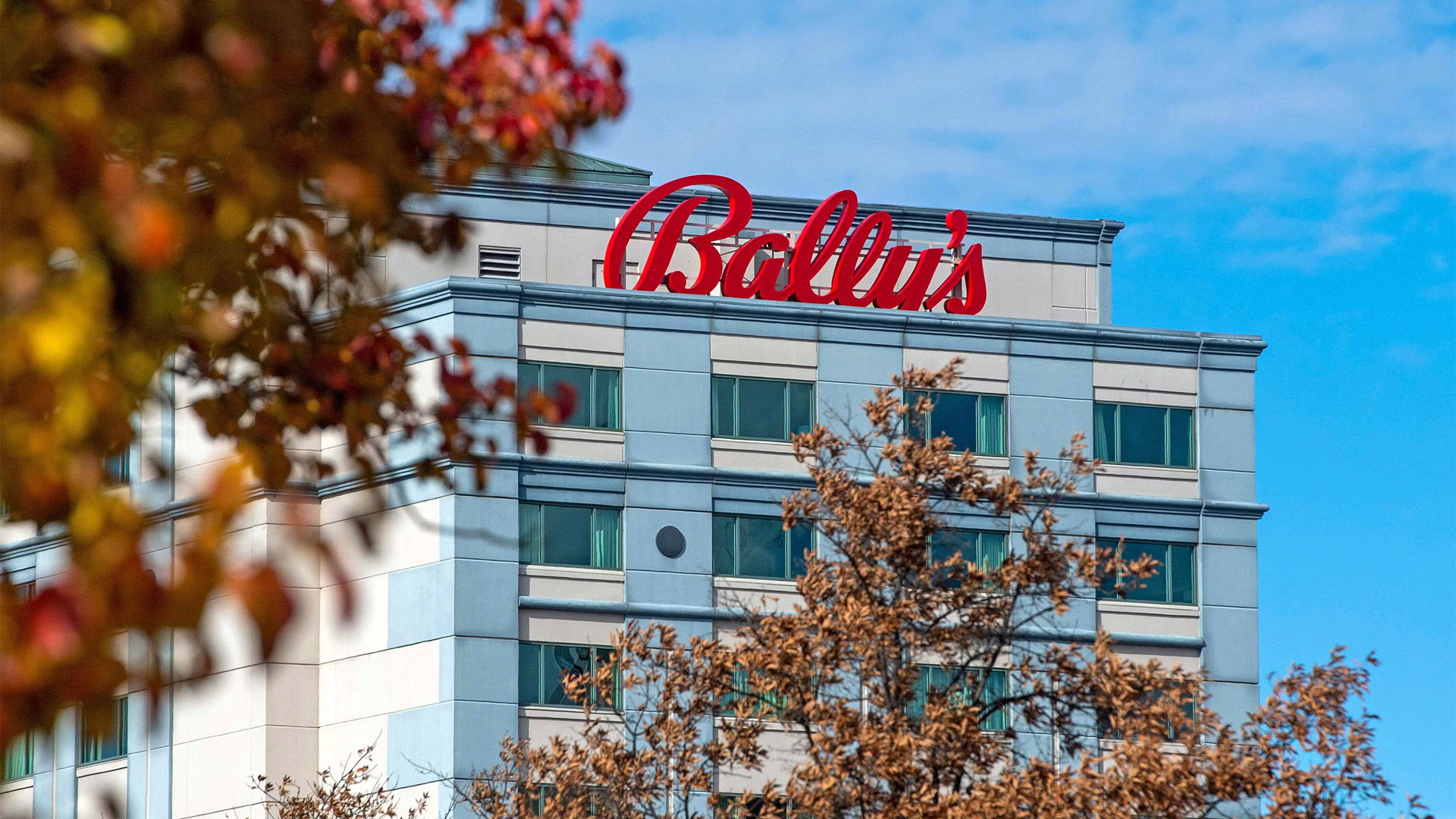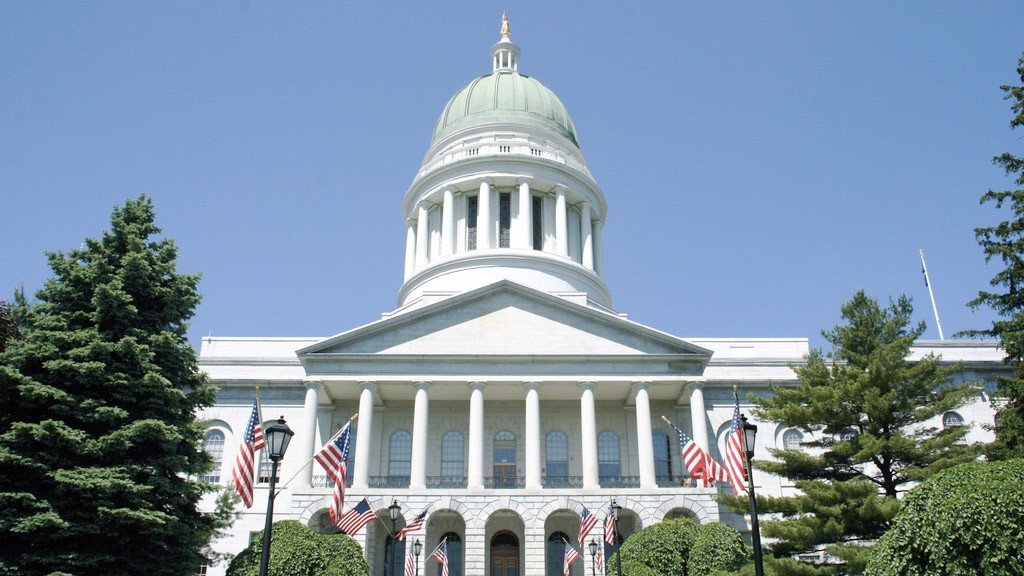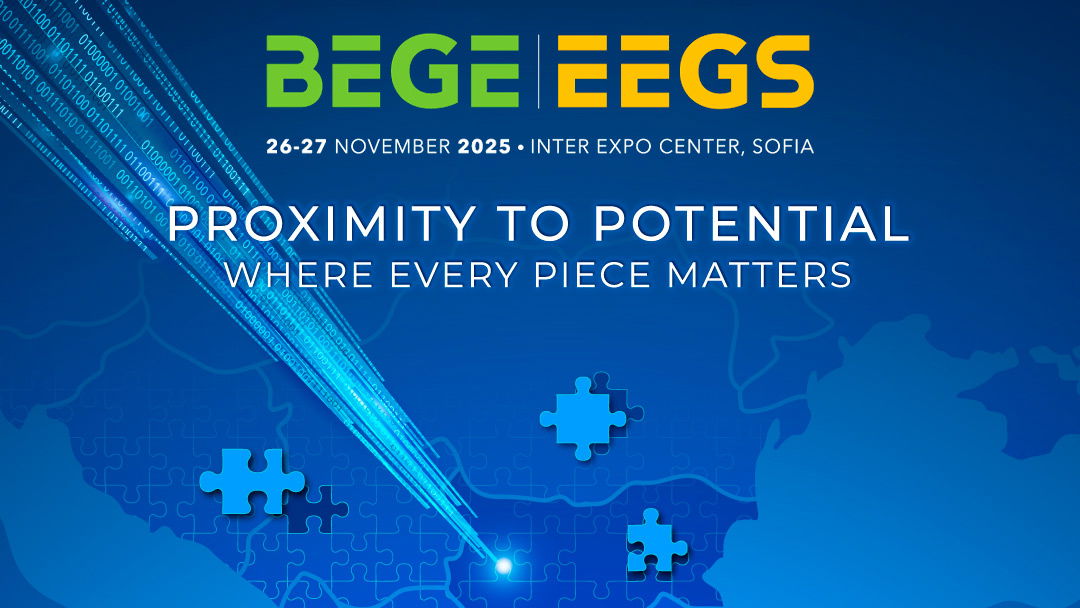Iowa: Campaign launched to halt proposed Cedar Rapids casino amid cannibalization concerns

A new grassroots coalition called Iowans for Common Sense has launched a campaign to block a proposed casino in Cedar Rapids, Iowa, citing concerns over potential harm to other casinos and surrounding communities. The coalition's initiative includes an ad running in Des Moines and Cedar Rapids, urging residents to sign a petition supporting a statewide moratorium on new gaming facilities.
The proposed Cedar Rapids casino, a $275 million venture spearheaded by Peninsula Pacific Entertainment (P2E) and the Linn County Gaming Association (LCGA), would be located at the former Cooper’s Mill site in northwest Cedar Rapids.
The project awaits a decision from the Iowa Racing and Gaming Commission (IRGC), which is set to visit Cedar Rapids on November 20 for a review and public comments, with a final decision expected in February 2025.
The campaign against the casino has garnered support from various industry stakeholders concerned about the economic impact on existing casinos. Alex Dixon, President and CEO of Q Casino in Dubuque, has voiced opposition, arguing that a new casino would threaten the revenue needed to sustain his facility’s contributions to Dubuque.
“We fund 10% of the city of Dubuque’s general operating budget,” Dixon said. “Any reduction in revenues that we receive is directly going to impact the taxpayers of the city of Dubuque.”
Iowans for Common Sense claims to have polling data indicating that nearly two-thirds of Iowa residents oppose the new Cedar Rapids casino, with more than half of Cedar Rapids residents similarly opposed.
According to coalition spokesperson Zachary Harnden, “People across the state value what our current casinos bring to their communities but do not support further expansion. Cedar Rapids residents, in particular, are firmly opposed, and we’re here to support them in amplifying their voices.”
Other casino industry leaders are echoing this stance. Patty Koller, Executive Director of the Washington County Riverboat Foundation, noted the potential impact on surrounding casinos and non-profits. “If Cedar Rapids is granted a license, it would harm surrounding casinos and the non-profits that rely on them. These non-profits have poured millions into the corridor, benefiting communities far beyond their borders.”
However, P2E and the Cedar Rapids Development Group argue that the project is aligned with the community’s vision. The Cedar Rapids Development Group’s President, Jonathan Swain, criticized the Iowans for Common Sense poll, asserting it was funded by industry competitors.
“The Iowans for Common Sense poll is not a credible reflection of public opinion – it was conducted not by a grassroots organization, but coordinated by an individual with personal ties to one of the state’s leading competitors,” Swain said.
Swain highlighted the project’s community support and approval from local leaders, pointing to two Linn County referendums in 2013 and 2021 that saw majority support for casino development.
“The Cedar Crossing Casino and Entertainment Center enjoys strong, long-standing community support,” he said. “With two separate voter referendums in 2013 and 2021 overwhelmingly approved by Linn County residents, the people of Cedar Rapids have made it clear they want this development.”
The Cedar Rapids Development Group’s proposal includes an 8% charitable contribution of its revenue to local nonprofits, a commitment projected to provide over $6 million annually for community programs in Linn and neighboring counties. This contribution is higher than the state’s 3% requirement.
The IRGC has previously denied applications for a Cedar Rapids casino due to concerns about cannibalizing revenue from nearby casinos. P2E’s latest market study projects that a Cedar Rapids casino could generate $80.2 million in new revenue, though it estimates surrounding casinos would lose $27.8 million in revenue, with Riverside Casino experiencing the most significant impact.


















































